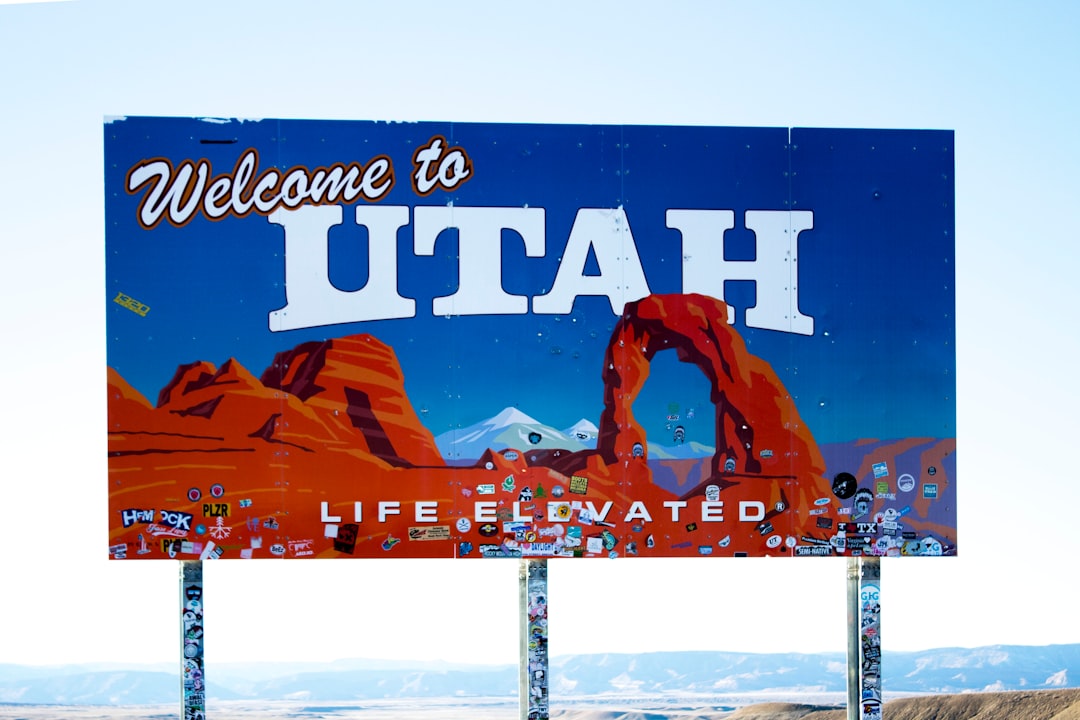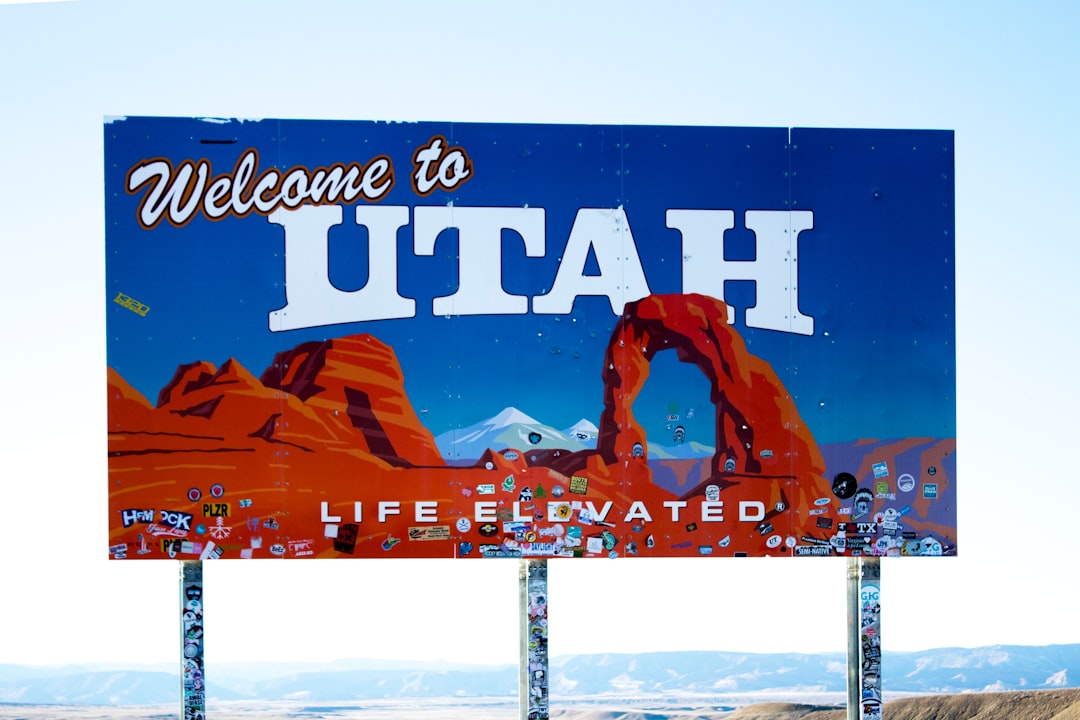The COVID-19 pandemic catalyzed a digital transformation in telemarketing, reshaping strategies and consumer behavior. Utah's strict anti-spam laws, such as the TCPA, became even more critical as unwanted calls surged during the health crisis. Businesses must adapt to this new landscape by adopting advanced technologies while ensuring compliance with local regulations. Engaging specialized spam call law firms in Utah or TCPA lawyers is vital for navigating these complexities, avoiding penalties, and maintaining consumer trust. Proactive measures like clear opt-out mechanisms and meticulous record-keeping are essential for effective how to stop spam calls Utah strategies.
The COVID-19 pandemic accelerated a global shift to remote work, transforming the telemarketing landscape. This article delves into the impact of the crisis on telemarketing trends across diverse regions and state lines. We explore shifts in consumer behavior and corresponding spam call patterns, analyze the evolving legal landscape under the Telephone Consumer Protection Act (TCPA), and uncover regional variations post-pandemic. Furthermore, it provides best practices for businesses to navigate spam call regulations, specifically focusing on Utah, highlighting how to stop spam calls, the role of spam call law firms, and the importance of engaging lawyer experts in TCPA cases.
The Shift to Remote Work and Telemarketing During COVID-19

During the COVID-19 pandemic, businesses across industries were forced to adapt and shift their operations to remote work models. Telemarketing, a once predominantly in-person or over-the-phone strategy, experienced a significant transformation as companies sought to maintain productivity while adhering to social distancing guidelines. This shift not only impacted how businesses conducted sales and customer service but also reshaped consumer behavior and preferences. As more people worked from home, the demand for effective remote telemarketing strategies grew, driving a notable change in marketing trends across various regions.
In Utah, for instance, many companies turned to innovative solutions to combat the challenges posed by the pandemic. With a focus on adhering to local Spam Call laws and the TCPA (Telemarketing Consumer Protection Act), businesses implemented advanced technologies to facilitate remote telemarketing while ensuring compliance. These measures included utilizing cloud-based systems for data management and call routing, as well as employing AI-driven tools for lead generation and customer segmentation, ultimately helping Utah-based businesses navigate the new landscape of telemarketing during COVID-19 and beyond.
Changes in Consumer Behavior and Spam Call Patterns

The COVID-19 pandemic brought about significant shifts in consumer behavior, and one notable change was an increase in spam calls across various regions. With many people spending more time at home and relying on their phones for work, education, and social interaction, telemarketers seized this opportunity to target potential customers more aggressively. This surge in unwanted calls led to a growing need for effective solutions to combat spam.
In Utah, for instance, where strict regulations regarding telemarketing practices exist, individuals have been particularly proactive in seeking ways to stop spam calls. The state’s robust Spam Call law firm and lawyers specialize in representing clients who have suffered from excessive or unlawful telemarketing activities. By leveraging the Telcom Consumer Protection Act (TCPA), these legal experts help Utah residents protect their privacy and peace of mind. Knowing how to stop spam calls is no longer just about avoiding nuisances; it’s about empowering individuals to take control of their communication channels and ensuring compliance with state laws.
Legal Landscape: COVID-19 and Telephone Consumer Protection Act (TCPA) Enforceability

The COVID-19 pandemic significantly altered communication trends worldwide, with telemarketing being no exception. As businesses adapted to remote work and social distancing measures, sales and marketing efforts shifted to digital channels. However, this shift also brought about challenges regarding consumer privacy and protection. The Telephone Consumer Protection Act (TCPA) in the United States plays a crucial role in regulating telemarketing practices and preventing spam calls.
In light of the pandemic, understanding how the TCPA applies in this new landscape is essential, especially for businesses operating across state lines. Many consumers have reported an increase in unwanted spam calls during the health crisis, prompting discussions on how to effectively stop spam calls Utah and other states. Legal experts specializing in the TCPA, such as reputable Utah-based firms, are now more than ever needed to guide businesses through these complex regulations and ensure compliance. By navigating the evolving legal landscape, companies can protect themselves from potential penalties and maintain consumer trust, especially when marketing efforts involve telephone communications.
Regional Variations in Telemarketing Practices Post-Pandemic

Post-pandemic, regional variations in telemarketing practices have become increasingly noticeable. While some areas have embraced digital sales strategies, others have seen a resurgence in traditional cold calling techniques. This shift is particularly evident in regions like Utah, where consumer preferences and regulatory landscapes play a significant role. Many Utah residents, frustrated by an influx of spam calls, are now actively seeking solutions to curb this issue.
In response, both individuals and legal experts are taking action. Laws like the Telemarketing Consumer Protection Act (TCPA) offer protections against unsolicited calls, with strict penalties for violators. Utah-based law firms specializing in TCPA cases have emerged as important advocates, assisting clients in understanding their rights and navigating legal avenues to stop spam calls. These efforts underscore the evolving nature of telemarketing trends and the growing demand for effective consumer protection measures.
Best Practices for Businesses to Navigate Spam Call Regulations in Utah

To navigate Utah’s stringent spam call regulations, businesses must adopt robust best practices to ensure compliance with the Telephone Consumer Protection Act (TCPA). Start by implementing clear opt-out mechanisms during telemarketing calls, allowing recipients to easily stop future communications. This can be achieved through spoken instructions or automated systems that confirm and record the opt-out preference.
Additionally, businesses should maintain accurate records of consumer consent and opt-outs, verifying each call’s adherence to the law. Engaging a reputable spam call law firm in Utah or consulting with a lawyer specializing in TCPA cases can provide valuable guidance tailored to your industry and business model. Such legal expertise ensures that your company stays informed about evolving regulations and reduces the risk of costly violations and lawsuits associated with unauthorized spam calls, ensuring peace of mind for businesses operating within Utah’s jurisdiction.






